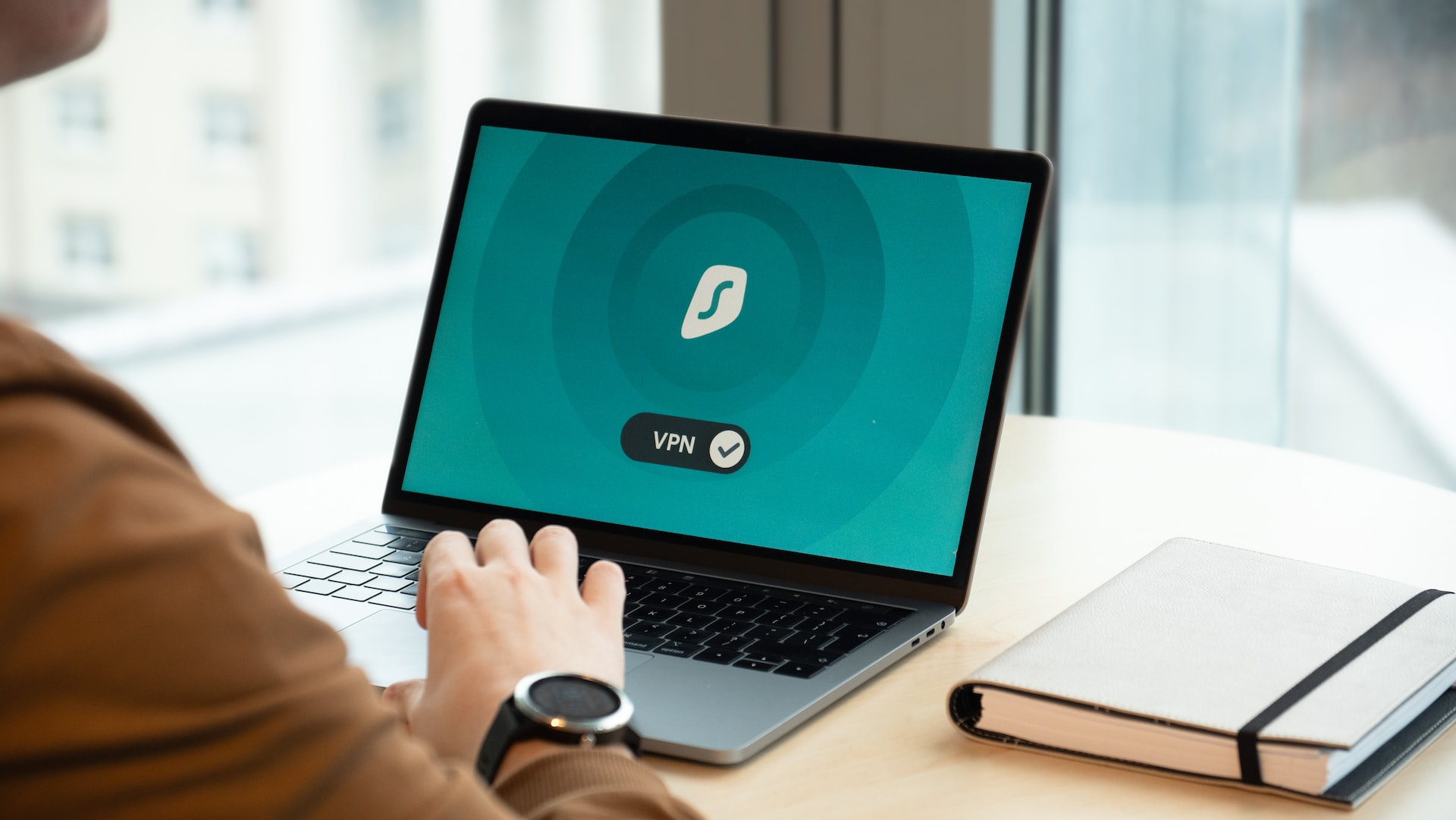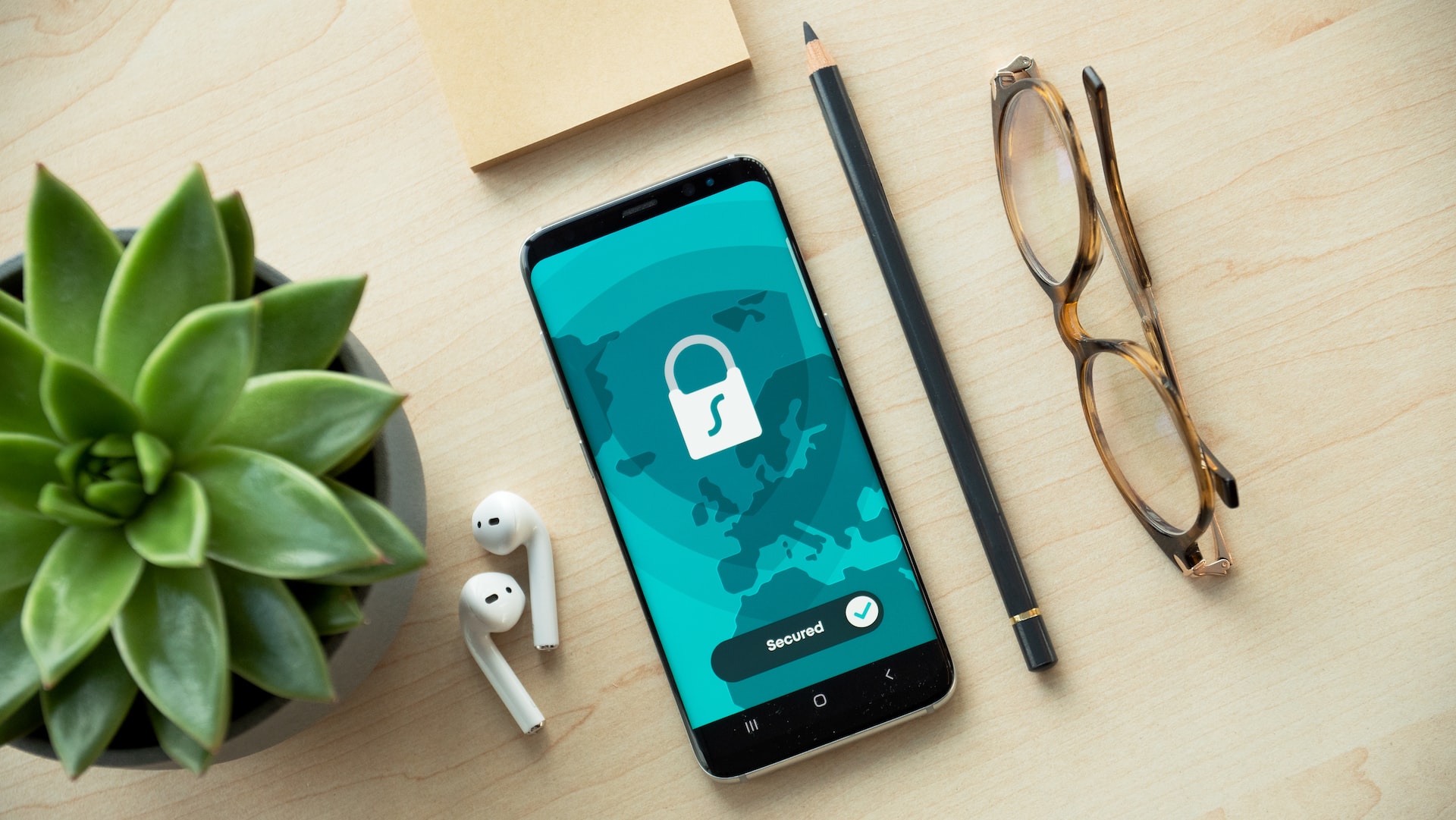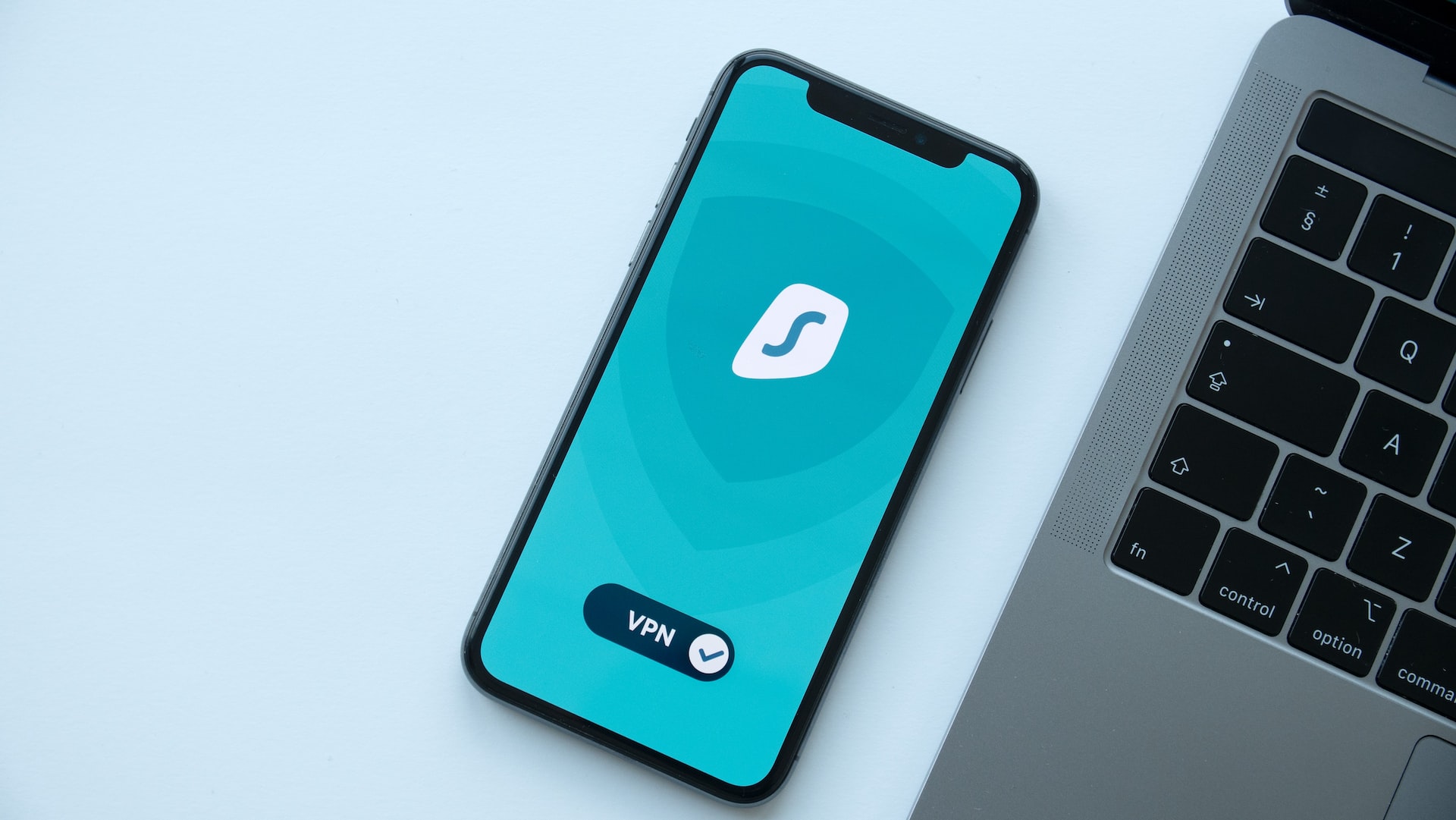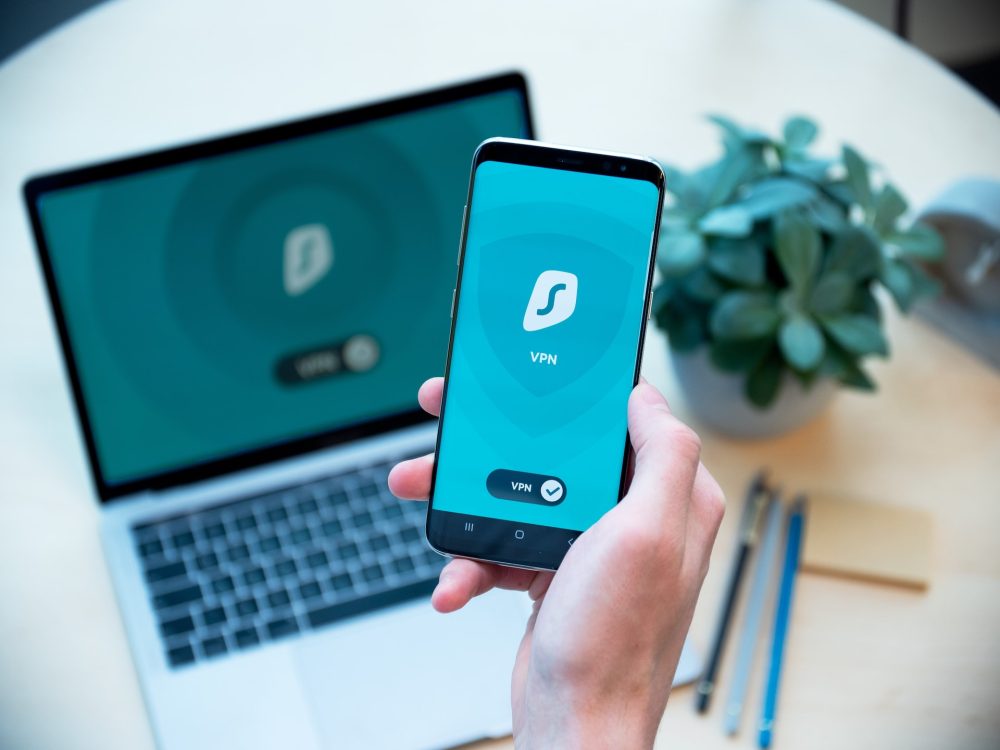Have you ever attempted to access a website and been informed that it is blocked in your state? Or have you ever questioned whether someone is watching your online activity and accessing all of your data? A virtual private network, or VPN, maybe the answer to both queries.
Although you’ve probably heard of VPNs, there’s a good chance you’ve never used this kind of service. Most of those who use it will advise that you do so immediately. A VPN can be just as valuable as an internet connection, even if you don’t immediately recognize its full value.

The purpose of this article is to define a VPN and describe its features and applications. Your traffic is hidden by a VPN connection, which also shields it from prying eyes. Anyone with network access and the desire to view it can view unencrypted data. Hackers and online criminals are unable to decrypt that data when using a VPN.
What is a VPN connection?
Most people define VPN, or “virtual private network,” as a local network interconnection that makes use of secure channels for communication between parties, typically the Internet.
This means that a VPN allows users to send and receive sensitive data as if their computers were directly connected to the same private LAN (local area network). That is even though they are not physically connected to the same network. In some cases, the VPN extends a private network over a public network (in this case, the Internet).
There are several ways you can connect to the VPN. The main one is that you have to prove who you are. Directly logging in to the server with a username and password is the quickest and easiest way to create this secure connection.
You require a VPN profile on your computer in order to connect to the VPN. You can set up a business account to obtain a VPN profile from a company or create a VPN profile on your own.

You have the choice to install specific software that will enable you to establish a secure connection. Data will be encrypted and decrypted by this program. This usually needs a username and password to confirm your identity, much like the method above.
You can, however, choose to use additional types of authentication, like tokens or smart cards. It should be noted that employees who connect to their workplace using a business VPN frequently use manual VPN settings. especially when they are traveling for business or are in unprotected cafes. But after that, the company offers the login credentials for using the internal VPN.
You can choose between free and paid VPNs. Free VPNs typically fall into one of two categories: they are either loaded with advertisements or have a small amount of data available (1–5 GB).
When you pay for a VPN, you get everything you need: great speed (almost as fast as your router’s), no advertisements, no application programs, millions of servers to choose from, and no protocol or data restrictions. However, this pleasure comes at a price; it can range from $5 to $15 per month.
Reasons to use a VPN
No one can see what you are doing online because the traffic between you and the VPN service you use is encrypted. You will have unrestricted access to the entire Internet as long as you are connected to a VPN. If you use a VPN server located in the area where these services or websites are accessible, you can access geo-restricted services and websites.
The servers you connect to will see the address of the VPN server rather than your IP address. On public networks, you can use the Internet, check your email, and send sensitive information without worrying about someone eavesdropping. A VPN should also stop you from leaving any traces, such as cookies, search histories, and internet history.
Because it prevents unauthorized parties from accessing private data on websites, including user information, financial information, and other content, cookie encryption is particularly crucial.
What makes a VPN function?
Your local area network serves as the source of network requests when you access various services over the Internet (LAN). However, the outside world will perceive you as a member of the VPN local network if you are connected to one and all of your traffic passes through it.
As a result, your network is no longer the source of the query; instead, it is the network to which you are connecting via a VPN. This indicates that the IP address of the VPN you are using, rather than the IP address of your computer, will now be recognized by websites and other networks with which you interact.

Let’s say you need to share a lot of crucial information with a colleague, but the program you need to use for the data transfer demands that both of your computers be on the same network. Sadly, your colleague is away on vacation and away from his computer. You can make it easier for your coworker to connect to your network by configuring VPN access on your network.
This gives the impression that you are both connected to the same local network, making it simple to exchange information. In other words, even if you and your colleague are only connected to the Internet in different places, a VPN enables you to pretend that you are on a local network.
In recent years, VPN technology has become much more widely accessible and has evolved into a tool that we require for both personal and professional use. The cost of this service won’t decrease in the future because high-quality tools and services are expensive, but trust me when I say that the money spent on them is money well spent.
You simply need to download the application, install it on your device, choose your preferred server, and connect. You can be confident that all of your online activities are secure if you have selected a reliable VPN service.






